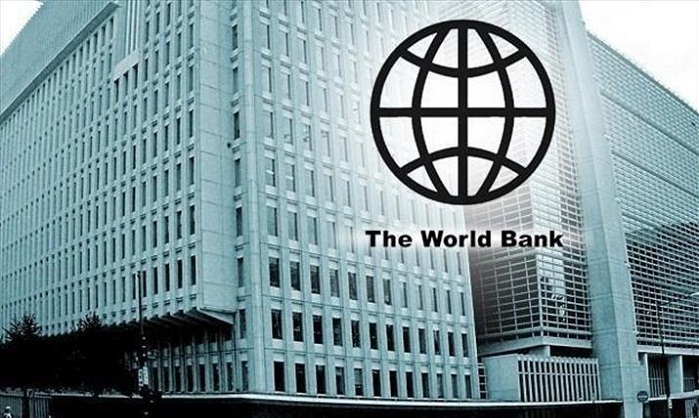Azerbaijan makes significant progress in public finance management

A serious progress on 17 of the 31 indicators has been made as a result of the assessment, including the use of medium-term fiscal projections, a constant over-fulfillment of forecast on the state budget revenues, prevention of the emergence of non-performing loans on the state budget expenditures, increase of participation of the legislature in the budget process, and others, according to Hawke.
The evaluation methodology of PEFA, established in 2001 by seven donor agencies and international financial institutions (European Commission, International Monetary Fund, Ministry of Foreign Affairs of Norway, France, SECO, UK Department for International Development and the World Bank), has covered 144 countries so far.
The first evaluation of public expenditure, procurement and financial reporting was held in Azerbaijan in 2008. This methodology has been re-evaluated in 2014 based on the appeal of the government of the country.
In turn, the head of the Azerbaijani representation of the World Bank Larisa Leshchenko also said that Azerbaijan has made significant progress on most indicators of this assessment, but at the same time there are still areas that need to be improved.
She said that serious measures to improve the budget process and increase its transparency have been carried out in recent years.
The purpose of the report is to develop a general concept for the priority areas that need to be improved and indexes of public finance management, the WB Baku Office said.
The report, prepared by experts of the World Bank, international and local consultants, assesses the strong and weak points of the public financial management system in the country using PEFA standards.
PEFA is an assessment tool based on indicators that measure the reached progress related to the reforms and the results of public finance management. This estimate is based on 28 indicators grouped into six modules on the basis of three fiscal years.














































